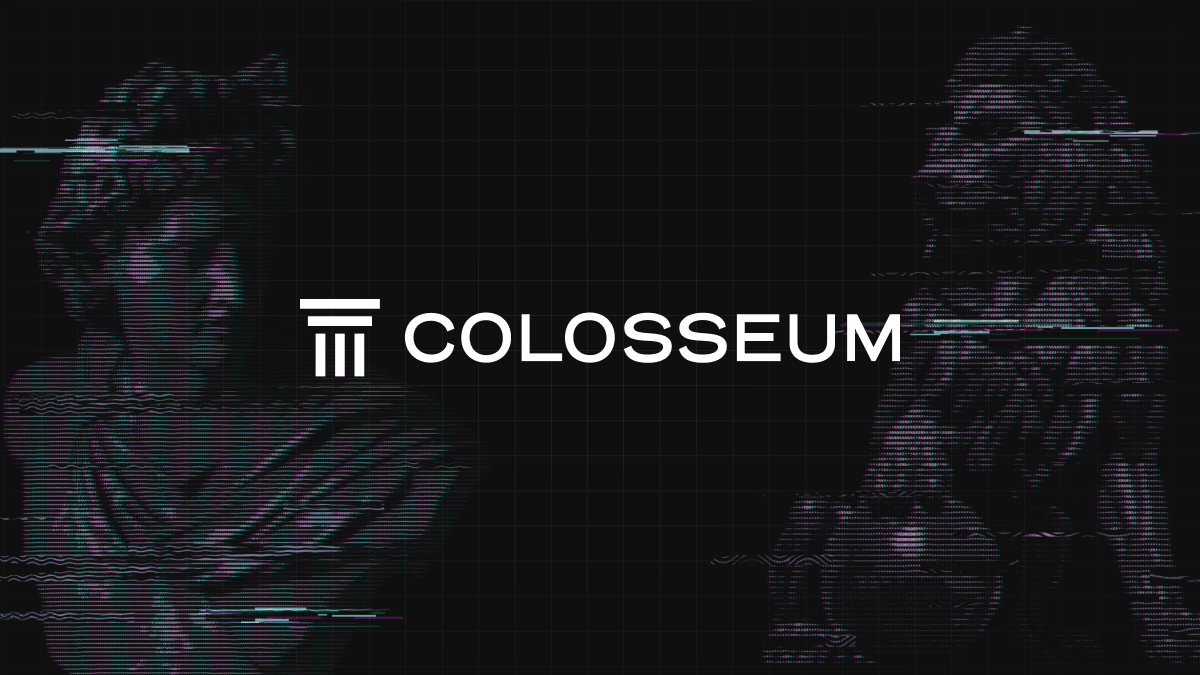Solana Foundation is intensifying efforts to attract developers and companies by transferring hackathons to the online platform Colosseum.
The Solana Foundation plans to increase its efforts to entice developers and companies to join its ecosystem. To accomplish this, the foundation will be transferring the management of hackathons and an accelerator program to an online platform known as Colosseum.
Yearly, the organization will organize two to three online hackathons for the Solana Foundation and the Colosseum Accelerator. Winners of hackathons have the opportunity to be expedited into the Solana ecosystem through the five-week Colosseum Accelerator program.
Projects selected for participation in the accelerator program will also be eligible to earn a pre-seed investment of $250,000 from Colosseum.
In an interview, Colosseum co-founder Matty Taylor who was the former head of growth for the Solana Foundation and was responsible for coordinating the organization’s hackathons, stated that the ecosystem had made significant progress in making its technology stack more developer-friendly from the first day that Solana was established.
Initially, it wasn’t, which is why the community meme of “chewing glass” came about. According to Taylor, “Over the past two years, the amount of documentation, developer tooling, and abstraction of complexity has made it much easier to deploy an application on Solana.
Additionally, the accelerator program provides teams with continuing assistance for developers, mentorship, educational content, and a client base inside the Solana ecosystem.
The culmination of the Colosseum accelerator program is a demo day, during which founders will present their businesses to venture capitalists to secure more funding and assistance.
Taylor has stated that the non-dilutive prize pool for the hackathons at the Colosseum will be approximately $600,000 for the competitors who emerge victorious.
Meanwhile, the winning founder teams accepted into the accelerator program will receive an additional seed investment of $250,000. In the eight different programs that have been running since the year 2020, Hackathons have drawn more than sixty thousand participants.
Participants in the hackathon successfully launched 4,000 startups and achieved venture capital funding of over $600 million, as reported. A recent article by Coinxposure estimates that the Solana ecosystem maintained between 2,500 and 3,000 monthly developers until 2023.
Electric Capital predicted that there would be 5,769 monthly active developers for Ethereum on October 1, 2023. Taylor also clarified that the foundation focuses on open-source developers tracked on GitHub.
“Most developers building on Solana are closed source, for example, all the devs at Phantom, which is a closed source product.”
This represents a relatively small percentage of the total number of developers in the framework. In addition, the founder of Colosseum states that the fundamental objective of the organization is to encourage a greater number of developers and technical founders who are capable of constructing businesses that are based on blockchain technology.
Clay Robbins, a former principal of Slow Ventures and Nate Levine, a former software developer at Stripe, were the individuals who were responsible for the establishment of the Colosseum.
In a recent announcement, the Solana Foundation reported that its developer retention was on an upward trend toward the end of 2023.
This trend coincided with a rise in activity on the Solana network, as well as a considerable increase in the value of Solana’s token alongside Bitcoin.












